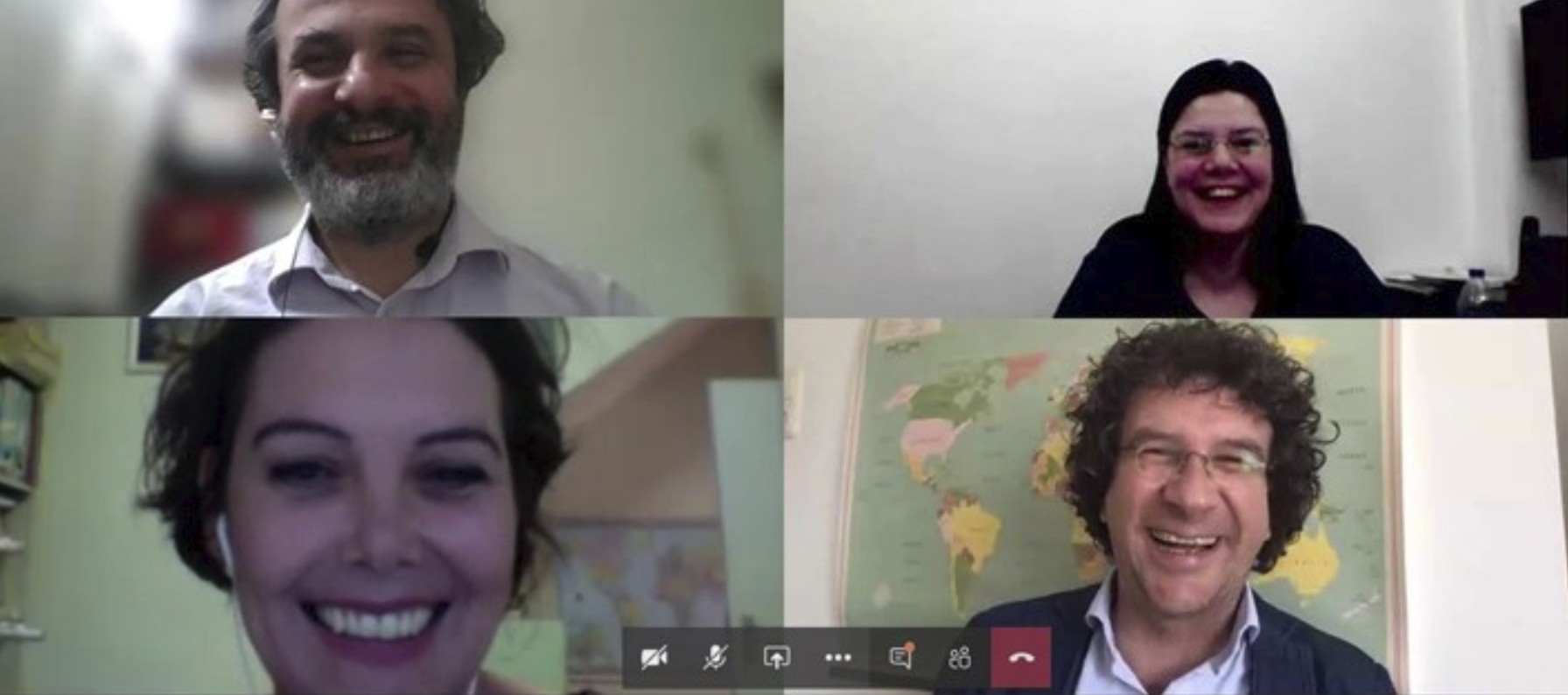The group of 24 independent experts appointed by UNESCO Director-General Audrey Azoulay in March has started work on the first draft of a Recommendation on the Ethics of Artificial Intelligence. This will be the first global normative instrument on this important issue.
From 20 to 24 April 2020, experts took part in online discussions for the first phase of preparations for the instrument, in line with the mandate given to UNESCO by its 193 Member States at the 40th session of the General Conference in November 2019. Skoltech Vice President for Artificial Intelligence and Mathematical Modelling, Professor Maxim Fedorov represents the Russian professional community in UNESCO expert group.
The group of experts discussed an initial set of values, basic principles and recommended policy actions anchored in universal ethical values and human rights for the design, development and deployment of AI. The experts also emphasized
- the concerns of low-income countries,
- the welfare of present and future generations,
- the impact of AI on the environment,
- the 2030 Sustainable Development Agenda,
- gender and other biases,
- inequalities between and within countries, and
- leaving no one behind.
Indeed, as underlined in the IBC-COMEST Statement on COVID-19, “Digital technologies like mobile phones, social media and artificial intelligence can play a substantial role in dealing with pandemics, by making it possible to monitor, anticipate and influence the spreading of the disease and the behaviour of human beings. It is of crucial importance to make sure that the ethical, social and political issues related to the use of these technologies are adequately addressed. Human rights should always be respected, and values of privacy and autonomy should be carefully balanced with values of safety and security.”
These ethical challenges are not new, but rather long-standing concerns related to disruptive technologies. In particular, AI has many potential applications that promise to facilitate a better future for all, but also potential risks, if not managed adequately.
From May to July 2020, UNESCO is organizing extensive multi-stakeholder online consultations at the national, regional and international levels. The purpose of these consultations is to ensure that all stakeholders, including scientists, civil society and the public, take part in developing the first global standard-setting instrument on the ethical dimensions of AI. The expert group will then deliver a first draft of an inclusive normative instrument on the ethics of AI, which will be considered by UNESCO Member States when they draft a final text for approval as a global Recommendation in November 2021. For more information on the instrument and expert group Media inquiries: Claire O’Hagan, UNESCO Press Service:

